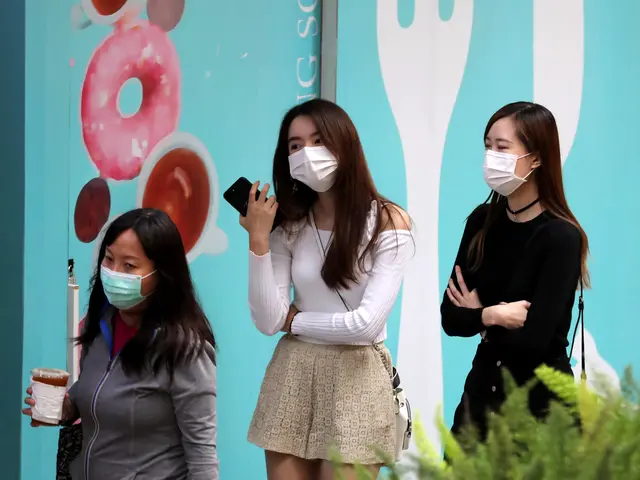A person in Manila would possibly say goodnight to a taxi driver who dropped them off in front of their home and greet the same driver in the morning, as the immense traffic congestion here prevented the poor chauffeur from completing his own commute home.
The situation may be exaggerated, but what holds true is that those living in Manila regularly have to fall asleep to the honking of horns from drivers eager to get home and are woken up with a free morning alarm of roaring engines as cars overtake the roads, each other and the city in general.
A latest survey released last month by Waze, a GPS-based navigation smartphone app, showed that Manila, on a city level, has earned the title "worst traffic on Earth," while, the Philippines clinched the ninth worst place to drive.
The terrible traffic condition here in Manila was evidenced by Philippine President Benigno Aquino III being about 40-minutes late for a military parade due to the congested roads, as he ordered his driver immediately after his inauguration to stop for red lights and declined to use lanes set aside for public buses.
However, as the Philippines is hosting the Asia-pacific Economic Cooperation (APEC) Economic Leaders' Meeting this week, the terror of traffic congestion forced the president to set special lanes for APEC delegates and a lot of roads were closed to private cars.
At Monday's APEC CEO Summit, David Plouffe, who once led Barack Obama's presidential campaign team in 2008 and thus to some extent changed U.S. history, highlighted Uber's role in reducing car usage and ownership in the world's top economy, trying to further bring Uber's benefits to Manila to help relieve the monstrous congestion here.
According to Plouffe, who now serves as chief adviser and member of Uber's Board Of Directors, the transportation network company has already changed people's lifestyle in some cities in the United States as a number of people there have given up their cars.
The core Uber proposition is that "I press a button, and I get a ride from my fellow citizen," said Plouffe, adding that "the idea now was to put two or three people in a car using technology, making it efficient, making it affordable."
Now, the Philippines has become the world's first country to pass a new regulation -- Transportation Network Vehicle Service -- to help Uber's development on the islands, as well as the country itself to have its people earn more money, a major intention for Uber drivers, and reduce traffic jams here.
However, the number of cars doesn't seem to be as serious an issue as it is in Beijing or Tokyo. The level of car ownership in the Philippines is among the lowest in the world, with an estimated 47 percent of Philippine households not owning their own cars -- the fifth lowest globally -- according to a study last year by the market research firm Nielsen.
Poor performance in transportation governance and outdated infrastructure, mainly roads, should be blamed for the desperate traffic situation here.
Although Roxas Boulevard is wide enough for vehicles, it is still congested almost around the clock -- flooded by pedestrians, carriages, homemade jeepneys and huge construction vehicles, leaving traffic wardens shrugging their shoulders.
In such a poor transportation condition, what an Uber driver can do is just staying inside his air-conditioned car and soothing their nerves with some music.
There is no doubt that Uber has provided an alternative to taxis and recent research showed that Uber has topped taxis for business travelers.
But while this is good news for Uber, it's a sad story for regular taxi drivers. Uber has simultaneously enhanced the livelihoods of its registered drivers, while reducing those of regular cabbies. Confrontations between Uber and taxis have hit many cities across the world.
Another potential risk, which has reared its ugly head in global media recently, is that some Uber-related crimes such as robbery or harassment have also occurred.
It could be potentially dangerous to take an Uber car in the Philippines, which shares a similar gun problem with the United States.
In fact, the government here has much more to do to improve its governance over transportation and infrastructure construction.
For Uber, it will play a role in helping relieve traffic jams in the Philippines, but not a major one, so for local Filipinos, for the time being at least, while Uber may promise comfort and efficiency, unless helicopters are introduced, commutes would be none the quicker.
 简体中文
简体中文

